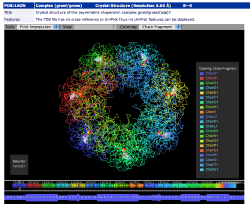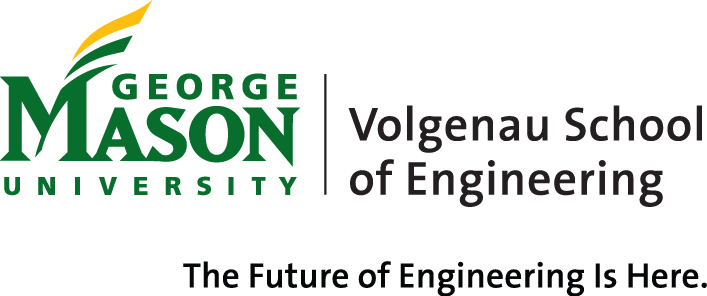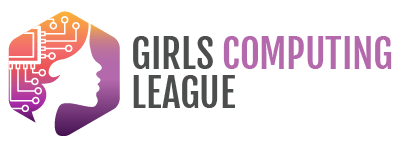The gambling industry is in the process of an incredible transformation driven by groundbreaking technologies and the evolution of online platforms, including new online casinos. The convenience and accessibility provided by online gambling have attracted a growing number of enthusiasts each year. Players can now enjoy a wide range of games from the comfort of their homes, whether through their computers or mobile devices.
Online Casinos: The Game-Changer
Online gambling has surged in popularity due to its vast array of benefits. For instance, new online casino platforms offer users the ability to play diverse games such as poker, roulette, and blackjack without ever leaving their homes. This is a game-changer for many, especially those who lack easy access to physical casinos or prefer a more private gaming experience. The proliferation of smartphones and tablet devices has also significantly contributed to this growth, enabling users to carry a casino in their pocket wherever they go.
Technological Advancements Fueling Online Gambling
The surge in online gambling is not just about convenience. Technological advancements are playing a crucial role in enhancing the user experience. Today's online gaming platforms feature improved graphics, faster load times, and a more thrilling and lifelike experience for the player.
-
Advanced Platforms: Modern online gaming platforms are rich in features that offer stunning visuals and enhanced gameplay.
-
Live Dealer Games: The rise of live dealer games offers a realistic alternative to traditional casinos. These games utilize high-quality streaming technologies that allow real-time interactions between dealers and players.
-
Virtual Reality (VR): Some online casinos are also exploring VR games, providing a more immersive and engaging experience compared to conventional online gaming.
Mobile Devices and Social Media: The New Frontier
Mobile devices and social media platforms are reshaping the way users engage with online casinos. Games optimized for mobile, complete with touch-screen controls, are common in virtual casinos. These games cater specifically to the preferences of handheld device users, enhancing user engagement and enjoyment.
Social media plays a vital role in promoting these platforms and engaging with players. Social media games that offer casino rewards for player participation are gaining traction, creating a vibrant community of online gamers.
Virtual and Augmented Reality (VR/AR)
The gambling industry is embracing technologies like VR and AR to offer a more immersive experience to players.
-
Virtual Reality (VR): VR technology immerses users in a computer-generated environment, facilitating virtual casinos and interactive gaming experiences that closely mimic real-life gameplay.
-
Augmented Reality (AR): AR adds digital elements to the real world, allowing players to interact with slot machines projected into their surroundings.
Artificial Intelligence (AI) and Machine Learning (ML)
AI and ML are poised to reshape the gambling landscape significantly. Here’s how:
-
Personalized Recommendations: Leveraging AI, online casinos can analyze vast amounts of player data to offer personalized game recommendations and targeted promotions.
-
Fraud Detection: Machine learning algorithms help identify and prevent fraud, ensuring a secure environment for both the players and the casinos.
-
Predictive Analytics: Predictive analytics powered by AI can forecast player behavior, enabling casinos to cater effectively to customer needs.
-
Chatbots: AI-powered chatbots enhance customer support, providing instant responses to player inquiries.
-
Optimized Gameplay: AI algorithms can optimize table game performance based on individual player behavior.
Blockchain and Cryptocurrencies
Blockchain technology and cryptocurrencies are becoming integral parts of the gambling industry. Blockchain offers a secure, transparent, and tamper-proof ledger for transactions.
-
Secure Payments: Cryptocurrencies provide a secure, fast, and cost-effective means for online gambling transactions.
-
Smart Contracts: Blockchain facilitates smart contracts, ensuring automatic execution of payouts and bonuses.
-
Anti-Money Laundering: The immutability of the blockchain ledger helps in detecting and preventing money laundering activities.
Despite its advantages, cryptocurrency in gambling raises regulatory concerns and requires stringent oversight to mitigate risks associated with anonymity and money laundering. Technological advancements must work hand-in-hand with regulatory frameworks to promote safe and responsible gambling practices.
Beacon Technology: The Future of Gambling Marketing?
Beacon technology is set to revolutionize how gambling companies market to and engage with their customers. Beacons are wireless transmitters that send data or notifications to nearby smartphones through Bluetooth.
Imagine walking past a local betting shop and receiving an instant notification about special odds for an upcoming game. This kind of proximity marketing already exists and offers enormous potential for personalized marketing. Beacons can also track customer behavior in-store, providing valuable data insights.
However, gambling firms must be cautious. Overusing notifications may cause users to become desensitized or annoyed, leading to a decline in engagement. Strategic implementation is crucial for leveraging the full potential of beacon technology without driving customers away.
Conclusion
The future of gambling is incredibly dynamic, with emerging technologies such as AI, ML, VR/AR, and blockchain promising to revolutionize the sector. These advancements will make gaming more engaging, secure, and efficient, although they bring challenges requiring careful management. Integrating these technologies with existing systems and regulatory frameworks is pivotal for reaping their full benefits.
The gambling industry is poised for an exciting future, marked by innovation and technological advancements. Stay tuned for further developments as the industry continues to evolve at a rapid pace.







